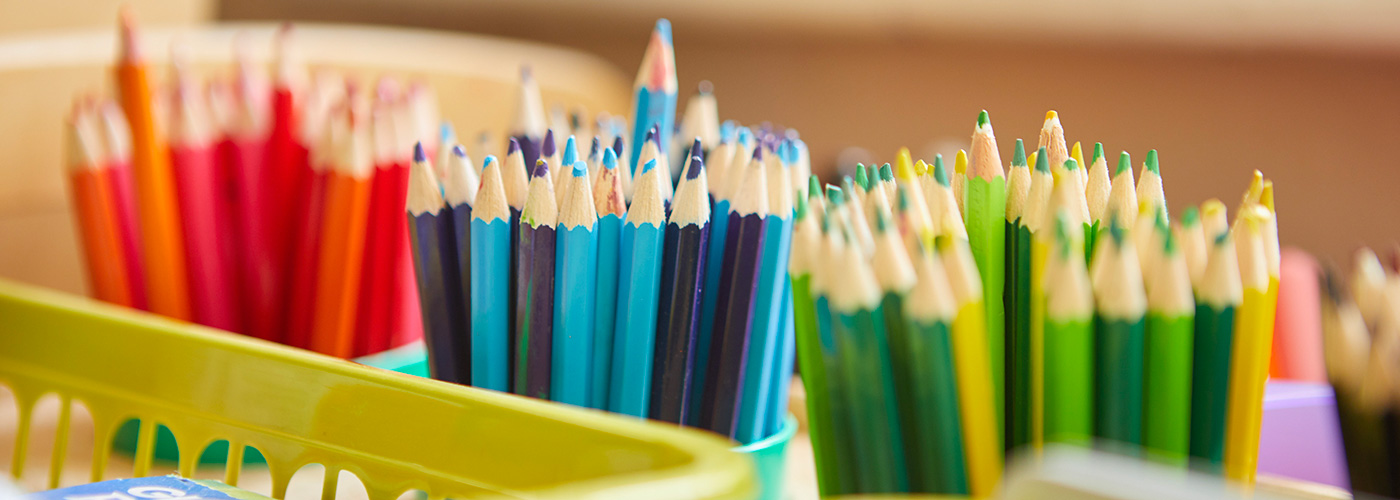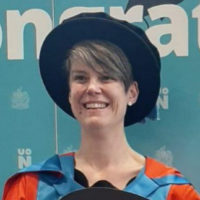Quality Interactions: Young Children’s Speech and Language Development.
Date 17 April 2024
Dr Richardson’s expert area concerns how forest schools/outdoor learning situations can positively impact the development of young children’s language development.

Why are the early years of our lives so important?
We know from research and anecdotal evidence that early years – that is the first 1,001 days, right from conception – are the most crucial time of our lives. Researchers say that if we can get our development right at the beginning, that has implications for what comes later.
We see an explosion of language around the ages of 18 to 24 months, but language development starts in the womb.
The key word here is interactions – all those situations and conversations young children have with their families and caregivers are important for their speech and language to thrive.
Talking to children, even when they’re tiny, is key. Even if you think you look a bit mad because tiny babies can’t talk back, it doesn’t matter! These are quality interactions that build those language blocks.
Babies and young children are like little sponges. They’re ‘sucking in’ everything that’s going on around them and the more they hear, the more blocks they have when they do talk, when that explosion happens.
What impact did the pandemic have on this?
Covid, as many parents will know, has had a hugely detrimental effect on children’s speech and language. We’re now in a situation there where there are 1.9M young children across the country who are behind with their speech and language.
That critical period and the need for those meaningful interactions, their social development, stopped through the pandemic as people couldn’t socialise and parents, understandably, were suddenly juggling childcare, work, and even teaching responsibilities. You can see why it was easier for them to put a child in front of the TV more often than they usually would have.
What about your recent research projects into young children’s language development?
I’ve been interested in speech and language and development for some time and when I ran my nursery setting, I was lucky enough to also own a field near to it.
We created a forest school site and noted that the children were talking differently outside compared to when they were playing and learning inside. I wanted to explore why that was.
For more, tune into Tanya’s podcast about her research.
